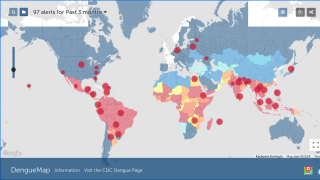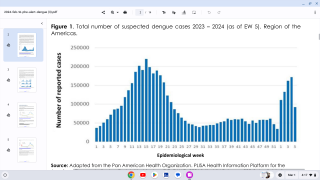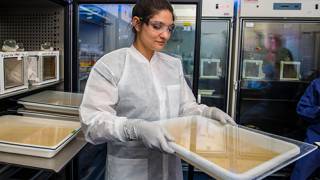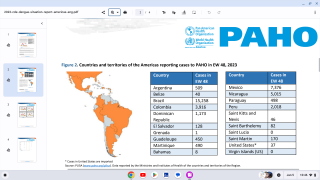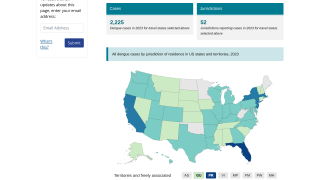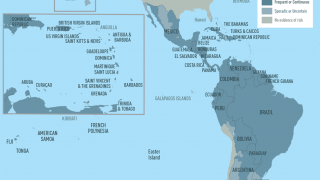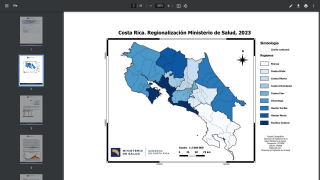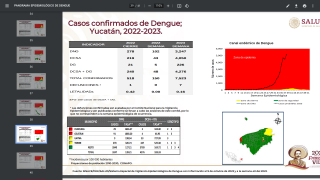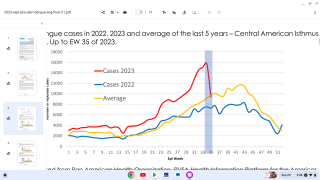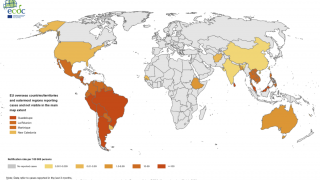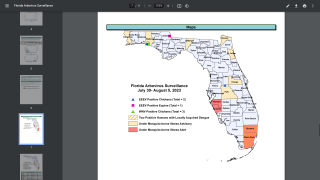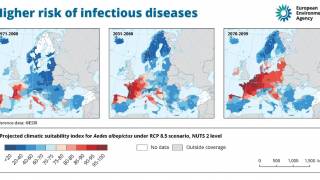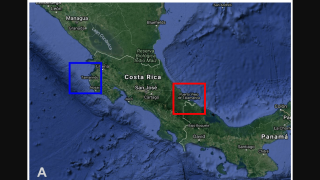More Countries Release Genetically Modified Mosquitoes to Curtail Diseases
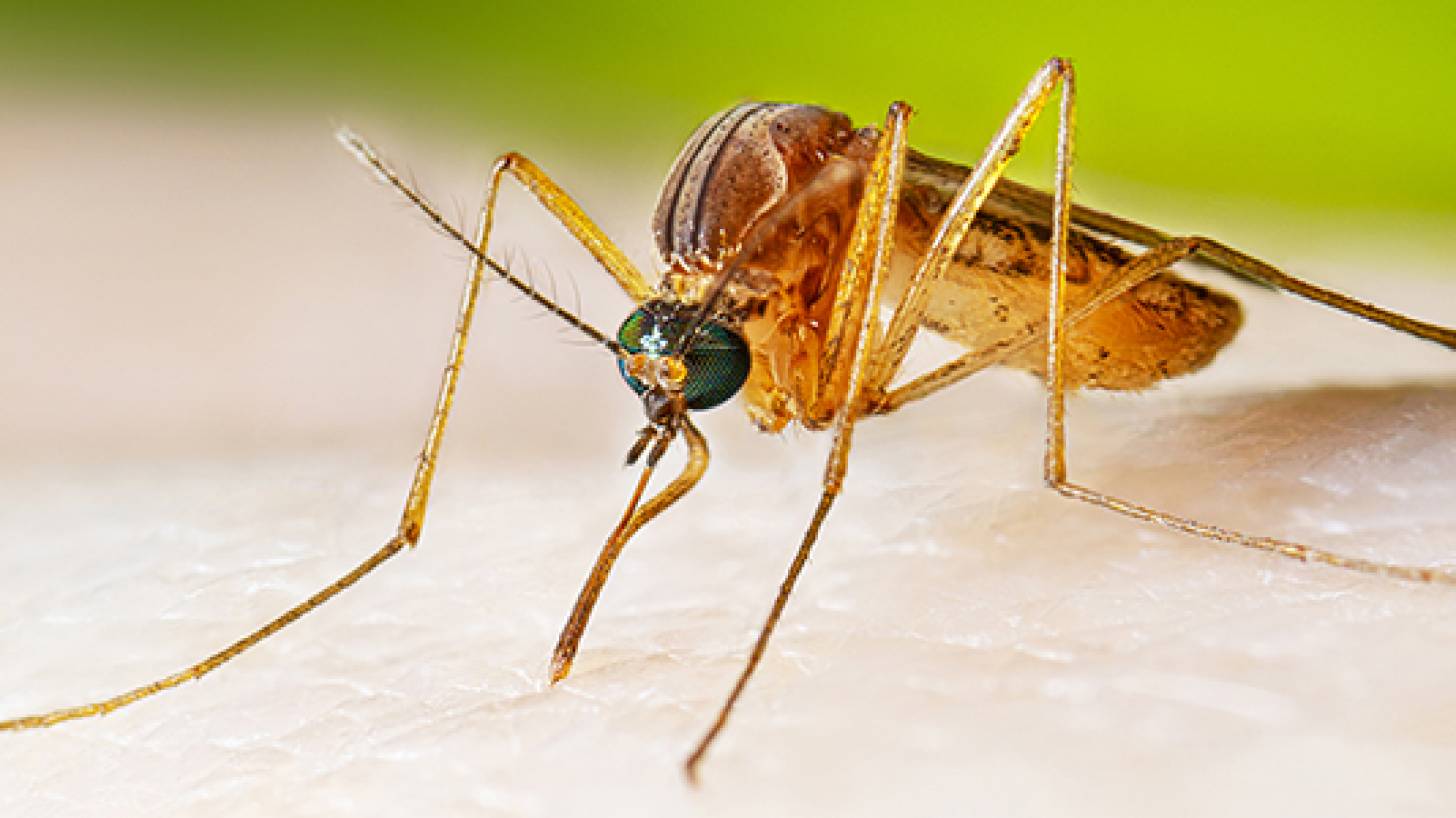
In 2023, mosquitoes in southeast Brazil transmitted diseases like dengue and Zika, which posed a significant public health issue.
The World Health Organization reported that dengue cases reached an all-time high in 2024, with over 5,000 deaths globally, and Zika cases were once again confirmed in various South American countries.
Unfortunately, recent data indicates that disease outbreaks will be similar in 2024.
However, scientists are working on a genetic-modifying solution to this massive problem.
Waldeir Barbosa da Silva recently explained to his family that he was going to release hundreds of thousands of mosquitoes infected with a bacterium (Wolbachia), which surprised them, as reported by Roberto González in SciDev.Net’s Latin America and Caribbean edition on February 5, 2024.
In 2011, Wolbachia-carrying mosquitoes were released for the first time into a community in the Cairns region of Australia. The Wolbachia strain was transferred to the Aedes aegypti mosquito, which does not carry it naturally.
Since then, the World Mosquito Program (WMP) has devised a strategy to breed large numbers of infected mosquitoes and release them into places with high rates of mosquito-borne diseases.
“The bacterium was injected into the eggs of mosquitoes,” says Sandra Zapata, an environmental technologist who worked with WMP in Barrio Paris, a district of Bogotá, Colombia, during the initiative’s most recent intervention.
To continue reading this article, the full, unedited version is posted below. And a related study is linked as a reference.
In the United States, the City of South Miami, Florida, implemented a test in 2019 in which Wolbachia-infected WB1 Aedes aegypti mosquitoes were released. The Florida Keys have continued these tests.
In 2024, two approved dengue vaccines are being used by various countries, but no Zika vaccines have been aithoried.
Our Trust Standards: Medical Advisory Committee


